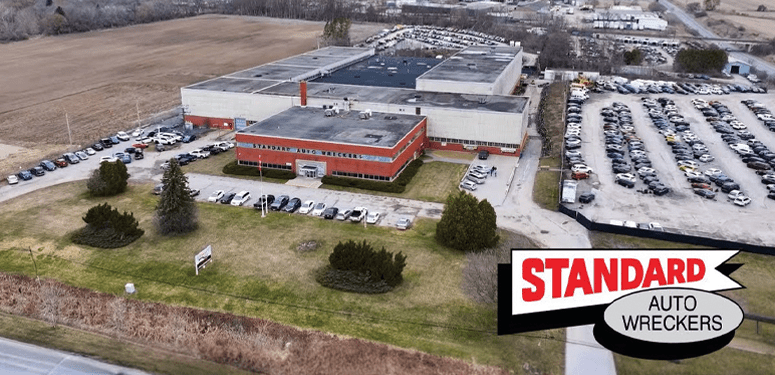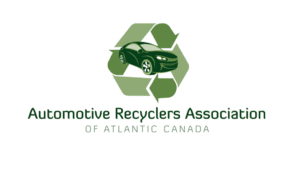Navigating the Shifting Landscape of Auto Recycling in 2025
Story by/par David Gold
As I sit in my Toronto office, overlooking the bustling activity of the yards throughout our multiple locations on my camera monitors, I can’t help but reflect on the journey that has brought us here. The auto recycling industry has always been a rollercoaster, but 2025 has taken us to new heights already—with big aspirations going forward. Buckle-up, there will be a lot of opportunity ahead!
THE NEW REALITY
Gone are the days when we could simply pull parts and hope for the best. Today’s auto recyclers are tech-savvy entrepreneurs, data analysts, and environmental stewards all rolled into one. We’re not just selling parts; we’re selling solutions. Our solutions are sought after by key stakeholders and are ultimately lucrative for the auto recyclers that get engaged at a high-level.
The global vehicle recycling market is booming—the best and brightest in our industry are growing and that will continue going forward. But with this growth comes unprecedented challenges. The rise and popularity of electric vehicles, advanced driver assistance systems (ADAS), and complex materials are reshaping our industry faster than we can adapt.
EMBRACING THE DIGITAL REVOLUTION
To stay competitive, we’ve had to embrace technology like never before. Cloud-based auto recycling inventory management systems, third party software solutions that power our management systems further and real-time monitoring have become essential tools of the trade. These innovations aren’t just improving efficiency—they allow us to excel in our niche industry as we strive to understand the nuances of new vehicle technology. The goal is to connect auto parts sellers with the buyers that are hungry for our OEM recycled parts!
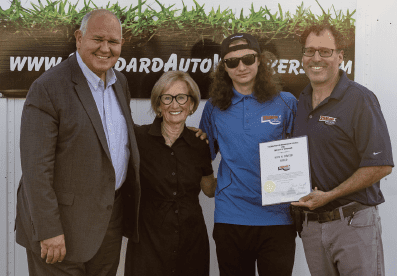
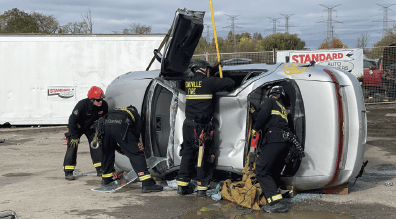
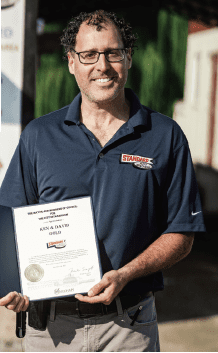
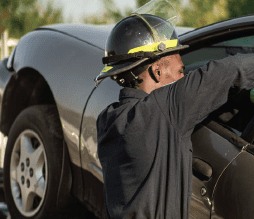
THE COLLABORATION IMPERATIVE
In this new landscape, going at it alone is no longer an option. We’ve seen too many of our colleague’s close shop, their lots, silent monuments to changing times. Those of us who remain must band together, sharing knowledge, resources, and even inventory through trading groups and delivery networks—all while doing it at a profit. The costs of these systems must be passed on to the end user and while this is not a new concept for auto recyclers, the necessity of it has never been so great. As industry veteran turned consultant Jim Counts told me, ‘Our business, is to stay in business.’ That sentiment has always stuck with me in every decision made here at Standard.
NAVIGATING COMPLEXITY
The vehicles rolling into our yards today are marvels of engineering and nightmares of complexity. As auto recyclers, we’re no longer just parts purveyors; we’re expected to be technology experts. Keeping up with the latest in ADAS, unconventional powertrains, and advanced materials is a full-time collaborative effort requiring inventory and dismantling teams that are engaged and equipped with the tools necessary to do the best job possible. That does include utilizing Google a lot these days to understand and identify what parts we have!
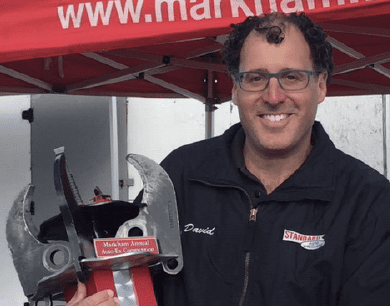

THE ENVIRONMENTAL IMPERATIVE
Our role in the circular economy has never been more critical. As the world grapples with climate change, auto recyclers are at the forefront of sustainable practices. We’re not just recycling vehicles; managing the business effectively allows for the reuse of more recycled auto parts in the marketplace. So, we are reducing emissions and resources and saving consumers money while setting the standard for responsible green vehicle disposal.
A CALL TO ACTION
To my fellow recyclers, repairers, insurers, and manufacturers: the time for siloed thinking is over. We must forge new partnerships, embrace innovation, and advocate for our industry’s vital role in the automotive ecosystem.
There are auto recyclers out there that are working on solutions for us, the likes of which have never been thought possible. Take veteran auto recycler Benny Cunningham, for example, from Karkey. Benny was named a threetime winner of the ‘Supplier of the Year’ designation by General Motors. Now that’s impressive. What is Karkey? It’s a ‘revolutionary, proprietary technology that delivers a comprehensive solution for securing high-quality, OEM experienced parts.’ Sound fancy? That’s because it is innovative as it elevates auto recyclers for the first time in this new way. It is leaders like Benny that keep me motivated to continue working toward improving and pushing the boundaries in our business.
To our dedicated auto recycling team members: your professionalism and adaptability are the backbone of our success. As we navigate these turbulent waters, your commitment to excellence is our North Star.
LOOKING AHEAD
The road ahead is uncertain, but one thing is clear: the auto recycling industry of 2025 is not for the faint of heart. It demands resilience, innovation, and a willingness to reimagine our role in the automotive value chain. As we face these challenges together, let’s remember why we do what we do. Every part we salvage, every vehicle we process, contributes to a more sustainable future. We’re not just recyclers; we’re guardians of resources, champions of affordability, and pioneers of the circular economy.
So, let’s roll up our sleeves, fire up those computers (and crushers), and show the world what the art of the part really means in 2025. Together, we’ll write the next chapter in the story of auto recycling—one part, one innovation, one collaboration at a time.



